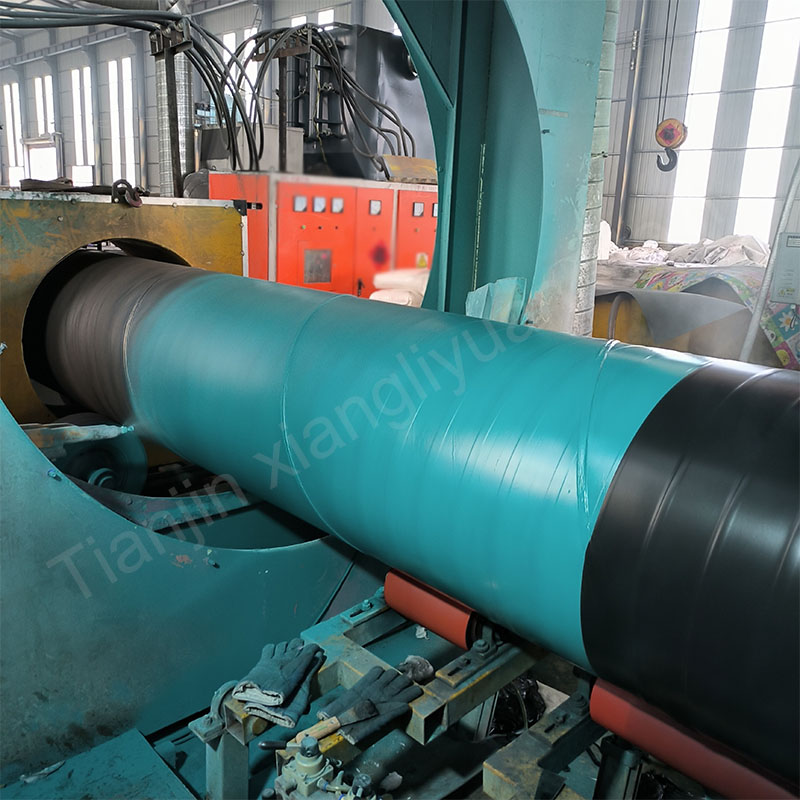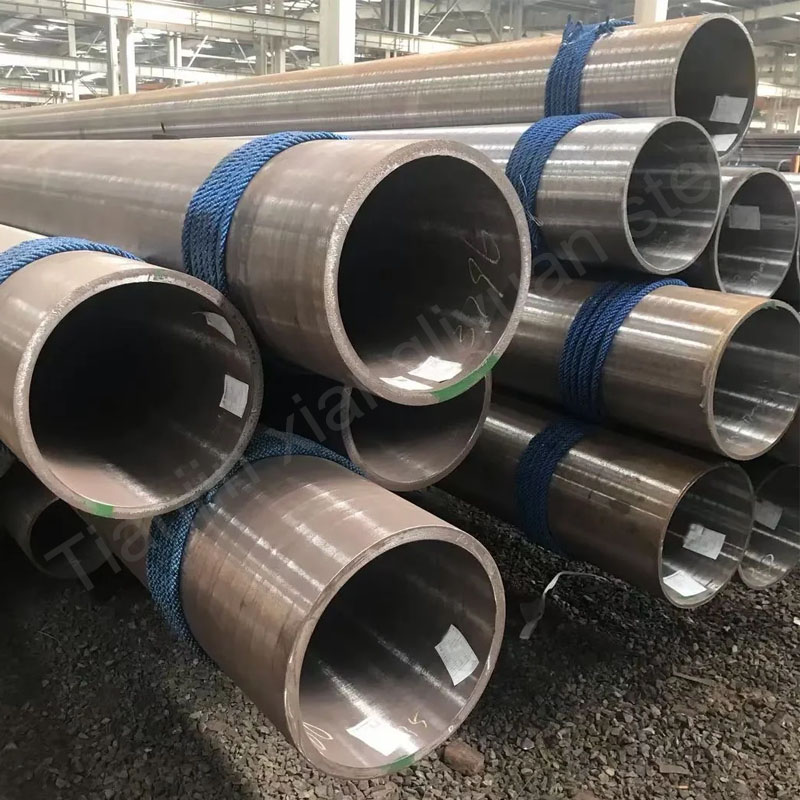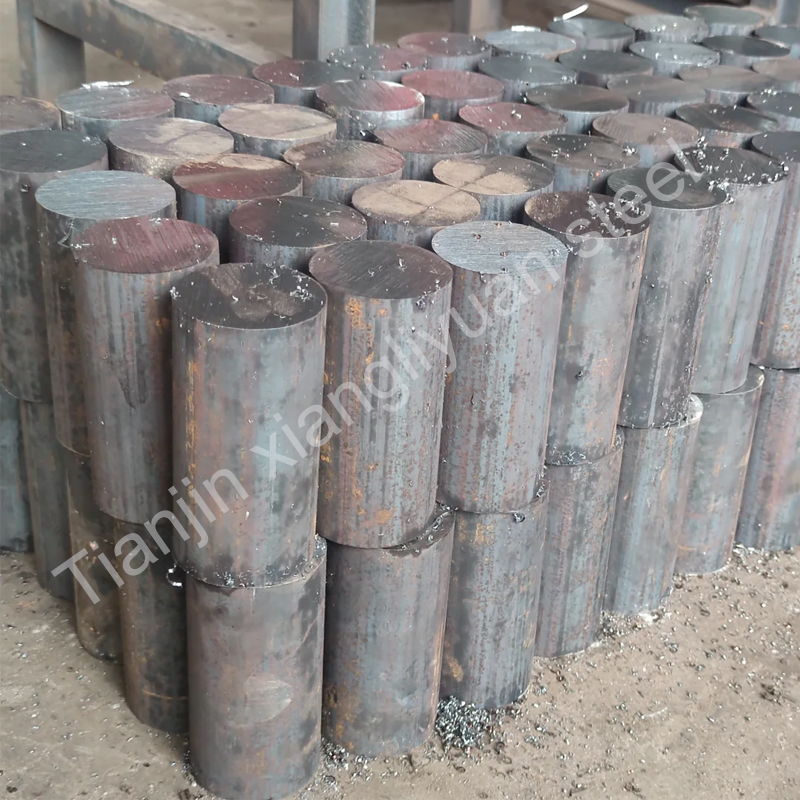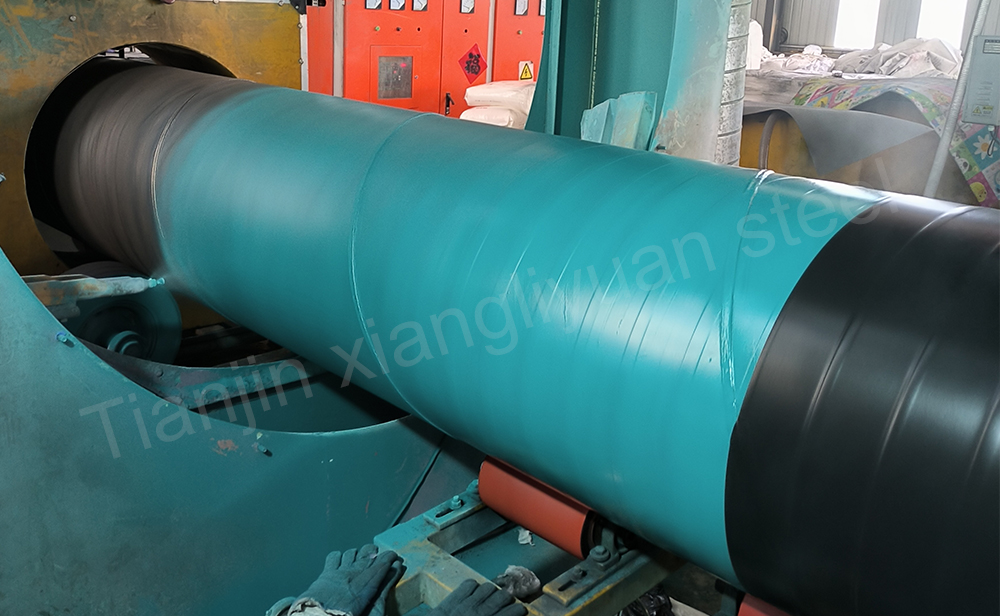There are many anti-corrosion processing technologies for steel pipes. The following are some common anti-corrosion treatment methods:
Coating anti-corrosion:
Epoxy resin coating: Epoxy resin has good adhesion and corrosion resistance, and is often used for internal and external corrosion protection of oil and gas pipelines.
Polyurethane coating: It has good wear resistance and chemical resistance, and is often used for steel pipe anti-corrosion in underground pipelines and marine environments.
Acrylic coating: It has weather resistance and UV resistance, and is suitable for steel pipes exposed to outdoor environments.
Hot-dip galvanizing: By immersing the steel pipe in molten zinc liquid, a layer of zinc coating is formed on its surface to provide electrochemical protection to prevent corrosion. This method is widely used in the fields of construction and infrastructure.
Cathodic protection: By installing sacrificial anodes or external current systems around the steel pipe, the steel pipe becomes a cathode to prevent corrosion. Cathodic protection is commonly used in underground pipelines and submarine pipelines.
Liner anti-corrosion: By adding corrosion-resistant lining materials such as cement mortar lining, plastic lining or ceramic lining to the inner wall of the steel pipe, corrosion inside the pipeline can be prevented and the service life can be extended.
Fusion bonded epoxy powder coating (FBE):
A process that uses electromagnetic induction heating to melt and solidify epoxy powder on the surface of the steel pipe to form a dense anti-corrosion coating. This process has excellent anti-corrosion performance and mechanical strength and is widely used in oil and gas pipelines.
3PE anti-corrosion (polyethylene three-layer structure anti-corrosion):
This process includes three parts: epoxy powder base layer, adhesive middle layer and polyethylene surface layer. It has excellent corrosion resistance, wear resistance and impact resistance and is often used for corrosion protection of long-distance pipelines and urban gas pipelines.
These anti-corrosion processes can be selected according to the specific use environment and requirements to ensure the durability and reliability of steel pipes under various complex conditions.






